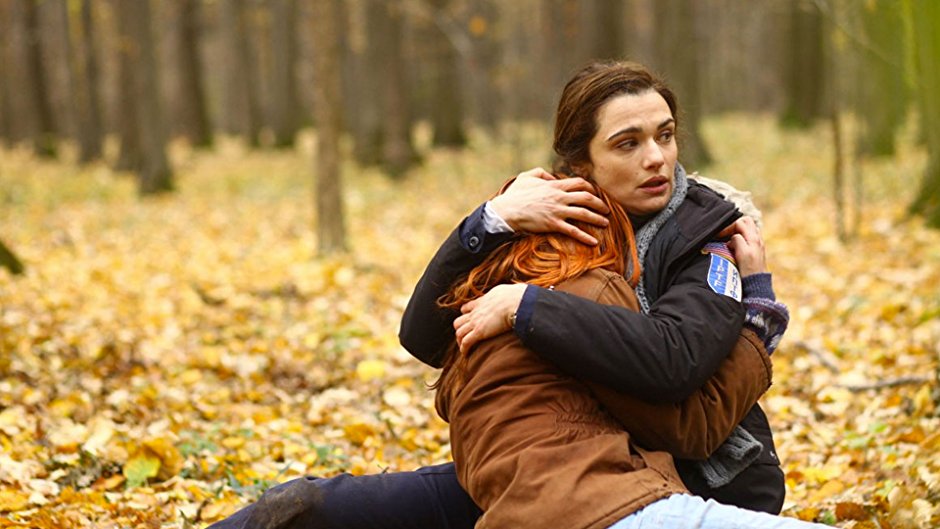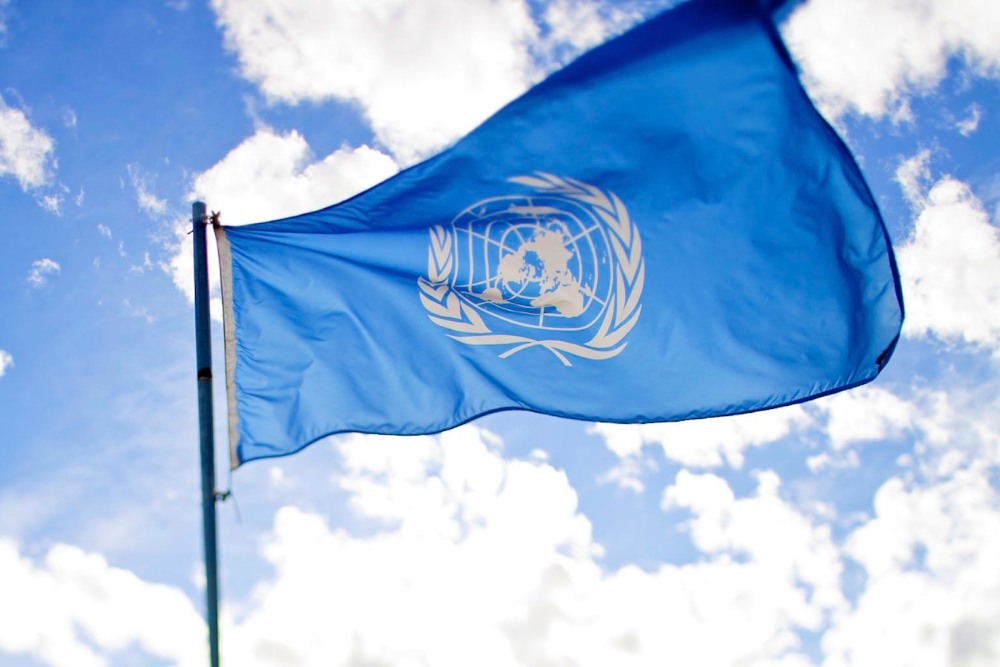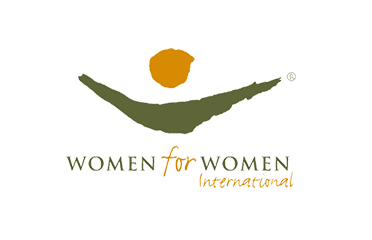by Mia Martí and Jessica Schwarz
There is a certain empathic yet frightful element that arises after seeing a good —and by good, I mean accurate— film or documentary, especially when it comprehends such realistic depictions of abuse and bodily colonisation. The Whistleblower is a film about that most degenerate of crimes: trafficking women for enslaved sex, rape and, as is explicitly shown in the documentary, murder. Discussing the film beforehand, we all believed it would be quite the enacted portrayal of reality in post-war Bosnia. Still, the film resulted in being a “day at the beach compared to what happened in real life” (according to the film’s director Kondracki). It was a cruel and raw depiction of the brutal experiences those women were coercively subjected to.
Although the film itself is a rather enjoyable product of the seventh art, its most important attribute is the truth behind it. The film follows the real-life experiences of Nebraskan Kathryn Bolkovac, who went off to Bosnia as a volunteer for the peacekeeping force in the late 1990s and operated on domestic abuse cases. Shortly after her arrival, Bolkovac revealed a system of bordellos and clubs which kidnapped women who were then confined to serve peacekeepers. Notably, not only were the enslaved women clients of the soldiers and police officers, but their own traffickers were offered protection by the top of the United Nations operation in Bosnia. Bolkovac tells the Observer: “Not being able to know who to trust when you are working with police officers and UN officials … It was clear that the protection of the ‘good old boys’ club’ was the first priority.”
In the same interview with the Observer, real-life Bokovac stated that what “stood out about these cases [women’s] in Bosnia, and cases that have been reported in other [UN] mission areas, is (…) that humanitarian and police workers were frequently involved in not only the facilitation of forced sexual abuse, and the use of children and young women in brothels, but in many instances became involved in the trade by racketeering, bribery and outright falsifying of documents as part of a broader criminal syndicate.”
When Bolkovac found out about these awful, obscured activities (which certainly demanded urgent intervention), she notified her superiors. This is where the film took a turn —not for the best nor the worst, but for the extremely startling and foul revealing of historical events— as Bolkovac was dismissed, copiously obstructed; her work was wrecked, her life endangered, and she ended up being fired.

What is startling is that the trafficking of women for enslavement and sexual exploitation in Bosnia occurred after the 20 years of violent conflict, in a time of relative peace. High-ranking officials of UN protected the peacekeepers involved in the scandal. This covering up or inadequate handling of sex-related abuse scandals in the UN would continue into the present day.
As recent as 2016, there have reports of abuse in the Central African Republic, where women and children were abused and raped by UN military peacekeepers. After news of the exploitation broke out, UN leaders increased funding for sexual abuse cases, leading to a decline in assaults. This, however, is disputed by human rights organisations, indicating greater improvement by the UN to address the problems. Other countries such as Democratic Republic of Congo, Kosovo, Haiti, Liberia, Eritrea have also had reports of alleged abuse by peacekeepers.
As a result of the continuous sexual exploitation and abuse of UN peacekeepers, the UN adopted a zero-tolerance policy. However, impunity of peacekeepers still means that their crimes against the very people they are meant to protect—often women and children—in the peacekeeping host countries. With offences in numerous countries, there is a systemic issue regarding the lack of prosecution and punishment for peacekeepers. Further violence is perpetrated against those in conflict-torn countries. The UN is meant to be a symbol of security and justice, of international cooperation, and of peace and hope for a better world. Although there is functional immunity within the UN structure, it is often overlooked and not implemented accordingly under the host state’s jurisdiction, meaning that crimes of peacekeepers go unpunished. In its efforts to help unstable countries and allowing abusers to walk free, the UN not only undermines the ideals it stands for, but also it credibility and integrity as a whole. A cycle of violence is bred, as peacekeepers know that they are likely to get away with criminal offenses against local populations. This becomes a systemic issue within the UN where sexual abuse violence continues, as the peacekeepers are simply sent back home when charged with allegations, shielding them from further involvement.
Due to the transnational nature of the UN, perpetrators go to trial in their native country, which weakens the pursuit for justice, as it is difficult to collect evidence to build a case across international borders, especially given the conditions of the post-war countries. As such, the investigations are not followed through. The UN remains an important and needed institution in international affairs, but there is still much it can do to address the issues of sexual exploitation and abuse within its establishments as it continues to advocate for world peace. Especially as the UN has failed to appropriately address the abuse which has become systemic as impunity for peacekeepers remains intact.
This is attributable to highly militarised environments with mostly men in positions of power, where they commit violent acts and help cover it up. It is well-known that male dominated environments are harmful for women for a variety of reasons. But when implemented in an organisation as grand as the UN, the consequences inflicted are on a much greater and damaging scale, as evident with the sex trafficking of women in Bosnia and mass rape in Central African Republic. This is a gendered issue prevalent in the system of the UN as women are in a position of vulnerability in post-conflict countries, and it therefore requires a gendered response to address the situation adequately. When the peacekeepers were created, little to no considerations were given to how they would interact with women and children in this conflict-ridden areas, ultimately leading to a situation of greater vulnerability for local populations at the hands of the UN troops. It is this lack of insight regarding women that prevails in international institutions. To rectify this unbalanced dynamic in sensitive situations of post-conflict societies, more women should be included in decision-making to ensure that the voices of the local women are heard. In the film, it is Kathryn Bolkovac, a woman, who heard the pleas of the trafficked women and fought to help them. By including more women in these contexts and creating a more diverse position of command, the system of abuse will surely be disrupted.
The fact that DynCorp Technical Services, the company that was involved in the human trafficking and prostitution in Bosnia, went on to procure further million-dollar contracts in Iraq and Afghanistan shows the international community’s attitude on the matter.

Internal investigations and training have yielded no definitive success, as the allegations of abuse continue. Though improvements have been made, through publishing the nationalities of the perpetrators, UN’s high ranking officials should implement gender-based education policies and the completion of those should be not only mandatory but fundamental in the core of the UN’s nature. This issue, however, easily translates to society as a whole: endemic violence, racism, and misogyny, etc. (as main factors for this violence toward identifying women and femmes worldwide), thus changes should be implemented elsewhere —both in macro and micro narratives.
In addition to feeling ashamed, women in these countries do not always come forward because they do not think the UN can help them. The UN needs to re-establish itself as a trustworthy and just institution where the affected women feel comfortable to come forward and know that they will have justice. Currently, there is a grey area regarding the consequences of sexual abuse by the UN, as there is a lack of accountability. Certainly, these actions should be treated as they are —scandals— and given more importance in mediatised texts worldwide.
Peacekeeping, as per the Cambridge Dictionary, consists of a “special soldier whose only job is to stop violence in a troubled area”. Yet, when there is violence, especially as committed by peacekeepers, there can be no true peace. What is peace if not the inclusion of women and children, as well as the maintenance of their physical, emotional, mental integrity, and social wellbeing? What makes this violent, faux-peace universal? Who is the peace meant to benefit if not the vulnerable and marginalised?
